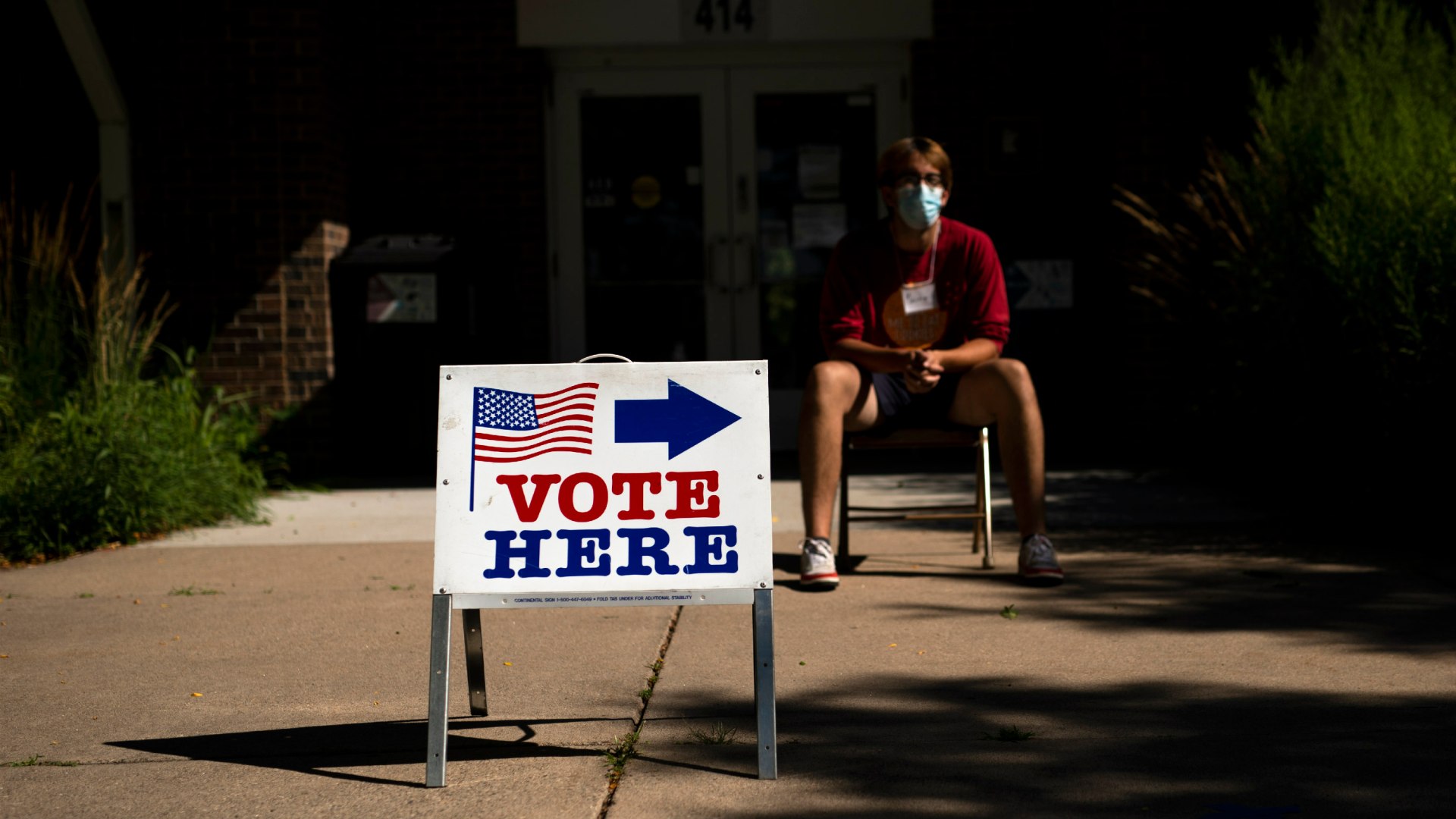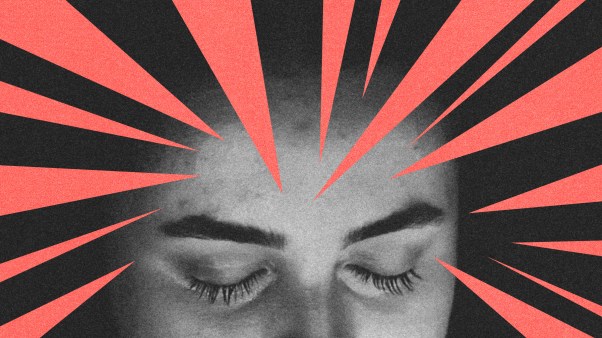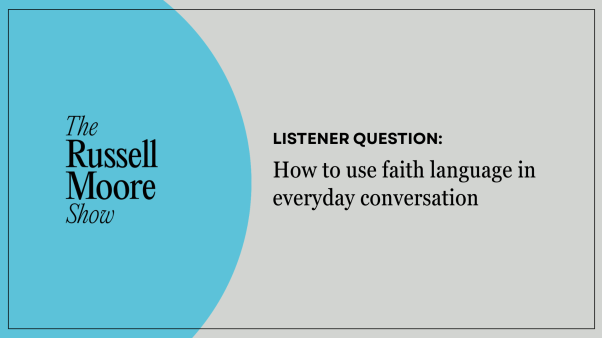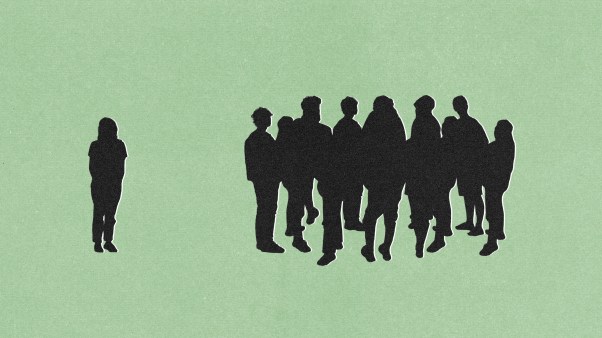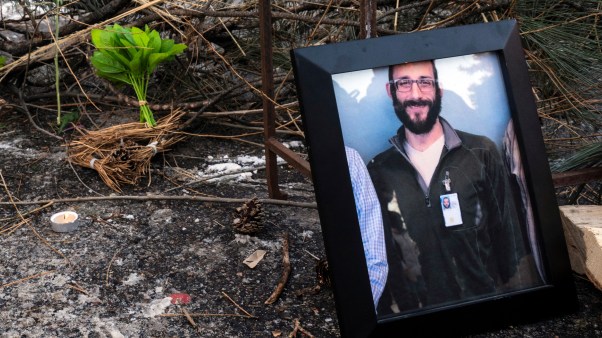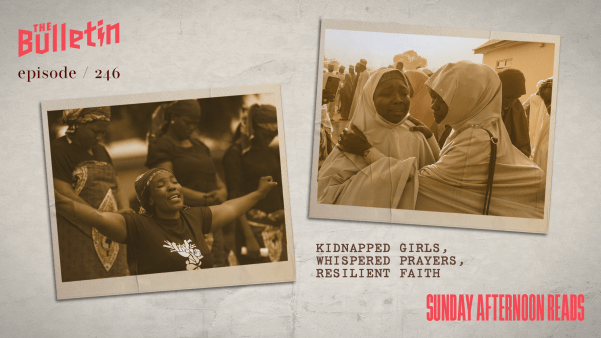Months into the pandemic, facing mixed plans for reopening churches and starting another school year, white evangelicals are still worried about the coronavirus.
They are as concerned about the spread of COVID-19 as the rest of the population and as likely to know someone infected with the disease, according to a recent survey. Previous predictions that some segments of the population would feel isolated from the risks of the virus, or that evangelicals’ concerns may have been dwindling, have not borne out.
This trend may have political implications. The outbreak has become one of the top issues in the upcoming election, so evangelicals’ continued worries over the coronavirus are expected to be a factor in how they vote.
Among both white evangelicals and the general population, 7 in 10 people personally know someone who had been hospitalized due to COVID-19, according to a Data for Progress survey conducted in late July. Half say that they knew someone who has died from the virus.

White evangelicals have not been insulated from the consequences of COVID-19. For both questions, the differences between the general sample and the evangelical subsample is not statistically significant.
And though evangelicals’ level of concern over the coronavirus dipped during some weeks over the course of the pandemic, most are still as worried about the virus as they were back in April.

The share of white evangelicals who said they were “very concerned” about experiencing the coronavirus was around 35 percent from mid-April to mid-May before retreating to 25 percent by the end of June. The number has since crept back up over a third by the end of July. Over 7 in 10 white evangelicals said that they were either “very” or “somewhat” concerned.
The distribution of concern among white evangelicals is not that different from the general population. There are weeks when the gaps become larger, but in aggregate, their levels of worry tend to be close to the rest of Americans (7 in 10 also “very” or “somewhat” concerned).
This translates to only small differences in behavior. For instance, by late July, 20 percent of white evangelicals said that they were socializing in public places compared to 15 percent of the general population.
But, there’s another area where the personal impacts of COVID-19 might be felt: the upcoming presidential election.

When asked who they intended to vote for in the 2020 election, more than two-thirds (68.5%) of white evangelicals who did not know someone who had been infected by COVID-19 said that they would cast a ballot for Donald Trump. Among those who knew someone who contracted the coronavirus, it was only 60.4 percent.
This 8 percentage-point drop in support for Trump, correlated with how people have experienced the impact of the coronavirus, carries over into the general population. Of Americans who knew someone with COVID-19, Trump’s share of the vote was 33.9 percent in the survey. His support among those who did know not someone with the virus was 41.1 percent, 7.2 percentage points higher.
Trump’s baseline of support has always been robust among white evangelicals. Many have been pleased with the administration’s response to the coronavirus, including the president’s remarks declaring churches “essential” during the pandemic. A majority—whether they have seen the virus’s impact firsthand or not—still say they will vote to re-elect the president.
The survey is one piece of evidence, however, that some white evangelicals, feeling the brunt of the pandemic, may be rethinking their stance in 2020. Ahead of a contentious election, voters may see the response to the coronavirus become an even more central issue in the final months of the campaign.
Ryan P. Burge is an instructor of political science at Eastern Illinois University. His research appears on the site Religion in Public, and he tweets at @ryanburge.

